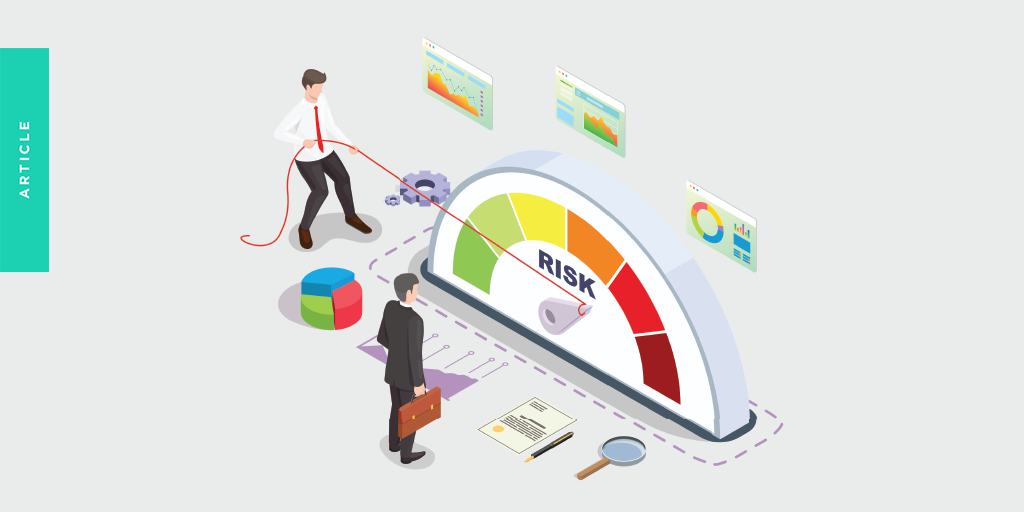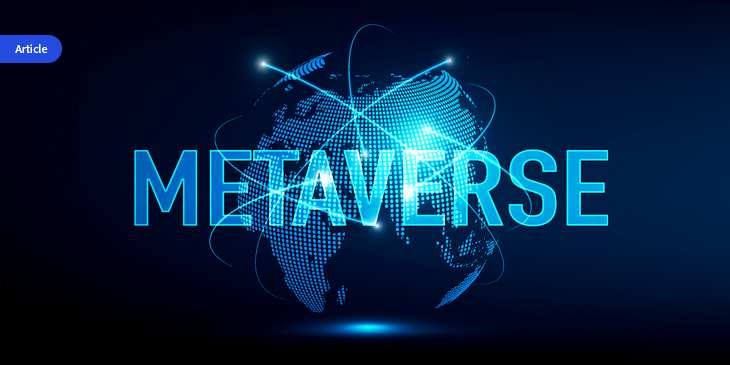Centering People and Purpose in Tomorrow’s Workforce
For more than 100 million workers, a job switch may be coming. Global leaders like the McKinsey Global Institute predict that by 2030, new automation technologies like artificial intelligence (AI) will rapidly alter the future of work.
That’s not to say there won’t be plenty of jobs. Merely that those jobs are likely to change, with more high-skill positions and hybrid environments becoming the norm.
But what we do and where we do it aren’t the only workplace shifts ahead. Experts predict a cultural evolution is coming, one that prioritizes the humans that make up our global human capital and puts the relationship first.
Boundaries and Value As Pillars of Purposeful Work
As expressed in Deloitte’s 2023 Global Human Capital Trends survey, “The boundaries that were once assumed to be the natural order of things are falling away as disruption and discontinuity challenge traditional models and assumptions about work. Organizations and workers must traverse this new landscape together, calling on a new set of fundamentals to navigate the boundaryless world.”
More fluid working hours and locations have given rise to new personal and professional boundaries that govern how we engage. But with new structures still taking shape, there are lingering questions about a yet-defined system that, at times, seems to border on chaos. (As indicated by the survey’s 10,000 respondents who said, “their greatest barrier to achieving organizational outcomes is being overwhelmed by too many changes at once.”)
One solution has been for employees to let how valued they feel at work become the north star upon which they make decisions about whether to stay or go. According to Gartner, the new “systemic truths regarding the future of work” are founded on principles like:
- Employees are people, not just workers.
- Work is a subset of life, not separate from it.
- Value comes through feelings, not just features.
Evolving the Employee Relationship
Cultivating a human-centric workplace not only provides your team more autonomy, it also makes them more productive. To pull it off, most organizations are looking at making a substantial culture shift.
That might include initiatives like building more rest time into the work day or giving time off between projects. It will take effort to distance ourselves from the hustle culture that values ambition over essentials like self care, but the results are undeniable.
The Emeritus Institute of Management points out that, “Companies have increasingly been focusing on work-life balance and the mental health of employees—and this will continue as one of the key workplace trends of 2023. According to Indeed research, 90% of people believe that how we feel at work matters, yet only 49% feel their organization is focused on measuring and improving well-being.”
For organizations who choose to focus on cultivating a culture of well-being, make sure to use a relationship-first framework. Preferably one that’s co-created with your team.
Some ideas include:
- Ensuring employees feel ownership over their data. Again, we’re talking about humans, not just numbers and insights. Make sure anything that’s collected is done in a transparent way and that staff have the option to ‘opt out’ where appropriate.
- Giving staff a sense of agency. Shared authority will go a long way in the human-centric workplace. Instead of a simple top-down approach, ask for feedback and buy-in at all levels of your organization. It’s likely to increase engagement and lead to more mutual thriving.
- Embracing diverse perspectives. Everyone from the contractor with accessibility challenges to the newly hired admin assistant has a valuable perspective to share with your organization. Don’t get stuck in the “this is the way we’ve always done it” mindset. Let all titles and roles in your talent pool have a voice in how, where, and with whom they work. It’s how innovation happens.
Bottom Line: What This Change in Dynamics Means for Employers
“People seek purpose in their lives — and that includes work,” says Gartner. “The era of the employment contract, where a worker provided services purely in exchange for monetary compensation, is over. Now, employees expect deeper relationships, a strong sense of community and purpose-driven work.”
In other words, the future of work isn’t just a phantom idea. It’s a foreseeable space outlined with remote and automated elements – that never loses sight of the human element.
Content created and provided by ONEAFFINITI.












